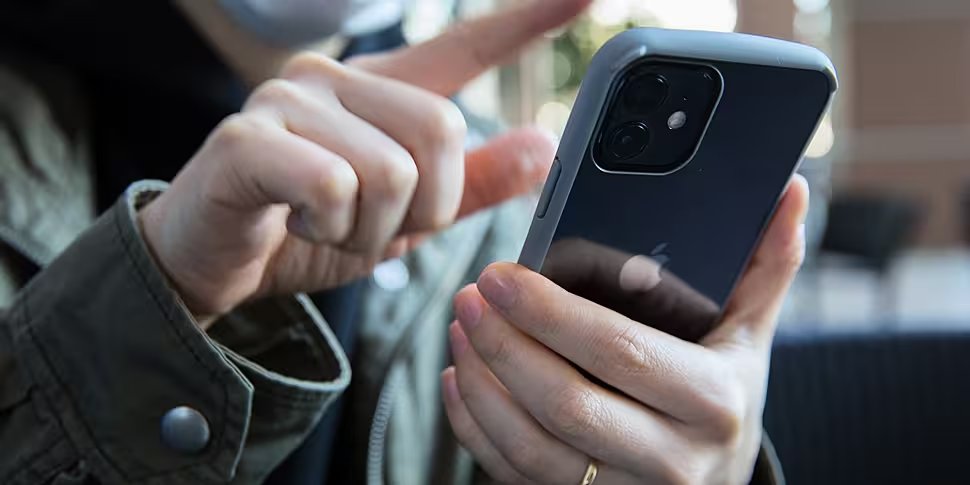Scammers are currently 'bombarding' the Irish public with phone calls, according to Newstalk's technology correspondent Jess Kelly.
Even a low success rate can be 'easy money' for these scammers due to advances in technology - hence why some Irish people may have received dozens of calls in the last few weeks alone.
Officials have issued several warnings about the scam calls recently, while most people are now likely to have experienced the nuisance calls themselves.
Some of the calls purport to be from the likes of the Department of Social Protection - and most concerningly appear to come from Irish landline or mobile numbers.
Some calls play an automated message before a user is prompted to be put through an automated number, while other scammers will hang up immediately in the hopes the receiver will call back and be charged a premium rate.
Another recent scam has seen fake text messages or emails claiming to be from delivery companies - playing on the confusion and complications that have arisen following Brexit.
Jess told The Hard Shoulder new technology has allowed scammers to get "smarter and more sophisticated".
She explained: “Some of the calls you’ve received over the last number of weeks… I’m sure had Irish phone numbers - either purporting to be from a landline or an Irish mobile number. This is called caller ID spoofing.
“It is coming up as an Irish number… they are playing on our weaknesses as humans, hoping we’ll call them back.
“The reason it’s still ongoing is because it works. It can be quite unnerving when you pick up your phone, it has an Irish number, and someone’s telling you you owe money to Revenue or the FBI is coming to get you.
"It’s like a fishing expedition: they’re going out to see what they can get. Even if they get a 5% success rate, that’s still easy money for them because this software is so readily available and inexpensive.”
These scammers can be dialling from anywhere in the world, using software to automatically dial through a huge bank of Irish phone numbers.
Jess said phones numbers are likely to have been accessed by hackers following several hacks and data breaches affecting Irish businesses and organisations in recent years.
It's not known who exactly is behind this recent increase in scams, but there are sophisticated cybersecurity gangs operating around the world.
However, even people operating out of their bedrooms now have access to powerful software that can allow them to carry out these sorts of scams.
What you can do
Is there any way to actually stop these calls?
Jess said: “Unfortunately, there’s not a whole lot we can do… there is no scientific way [to stop it].
“If you answer the call and it doesn’t feel right… just hang up.”
If the caller claims to be calling you from a bank or institution - and you will sometimes get legitimate calls - you can always hang up and then dial back via the main public switchboard number.
That will ensure you're through to the actual organisation - with Jess recommending not to give any verification details unless you're certain you're talking to a legitimate representative.
Jess also said digital banks like Revolut "come into their own" when it comes to protecting customers from scams.
Such apps will automatically prompt you to verify a transaction - meaning it can be swiftly cancelled if it's from a scammer.
Businesses should also be very careful when handing over any details or financial information, as they can be hit with even 'nastier' scams that could lead to computers being blocked with ransomware.
For now, it's extremely hard for authorities to track down those responsible - with the likes of VPNs allowing the scammers to easily mask their location.
Jess also noted Irish legislation hasn't yet caught up with scammers' techniques, meaning there are likely to be more problems ahead if the current trend continues.









